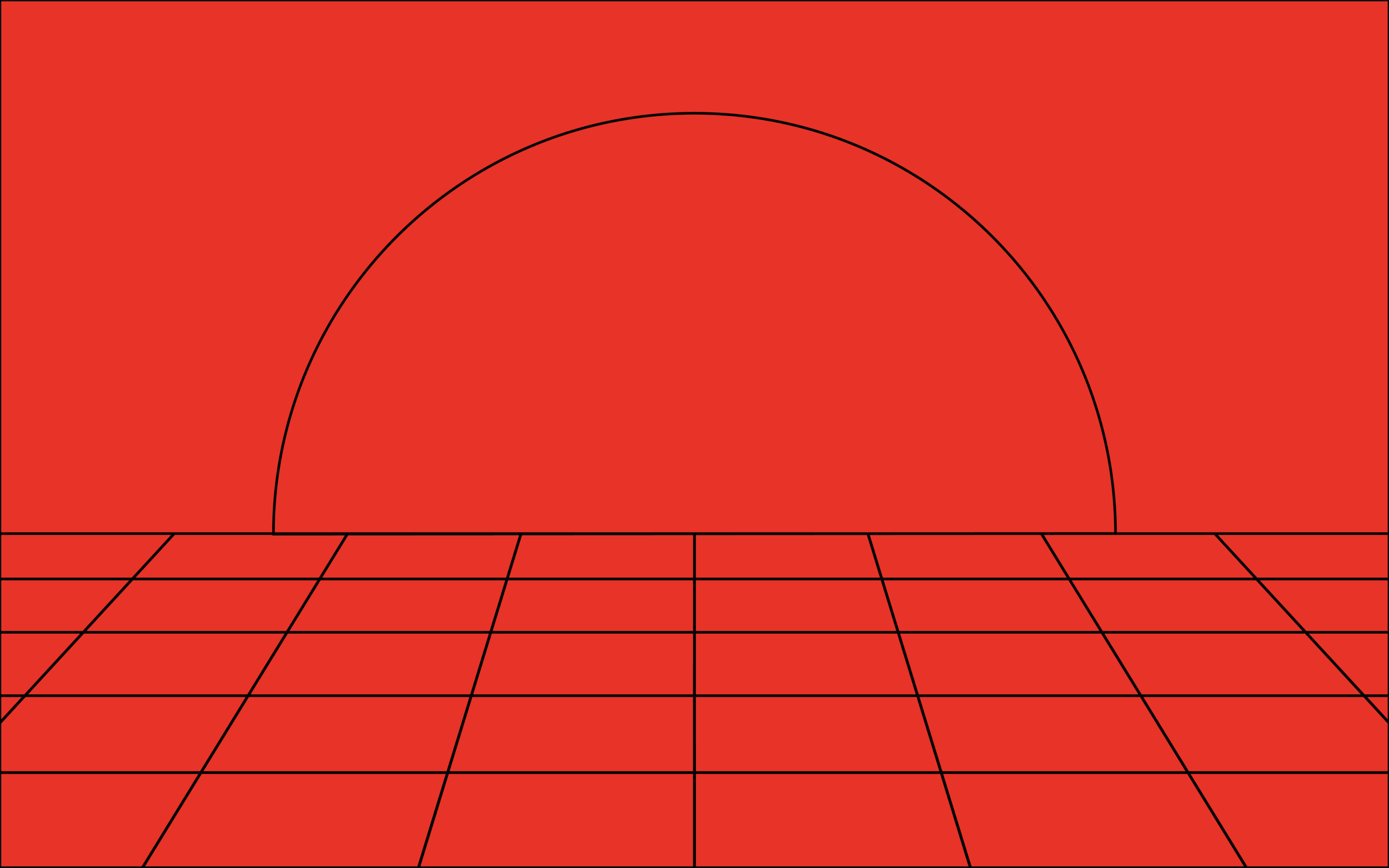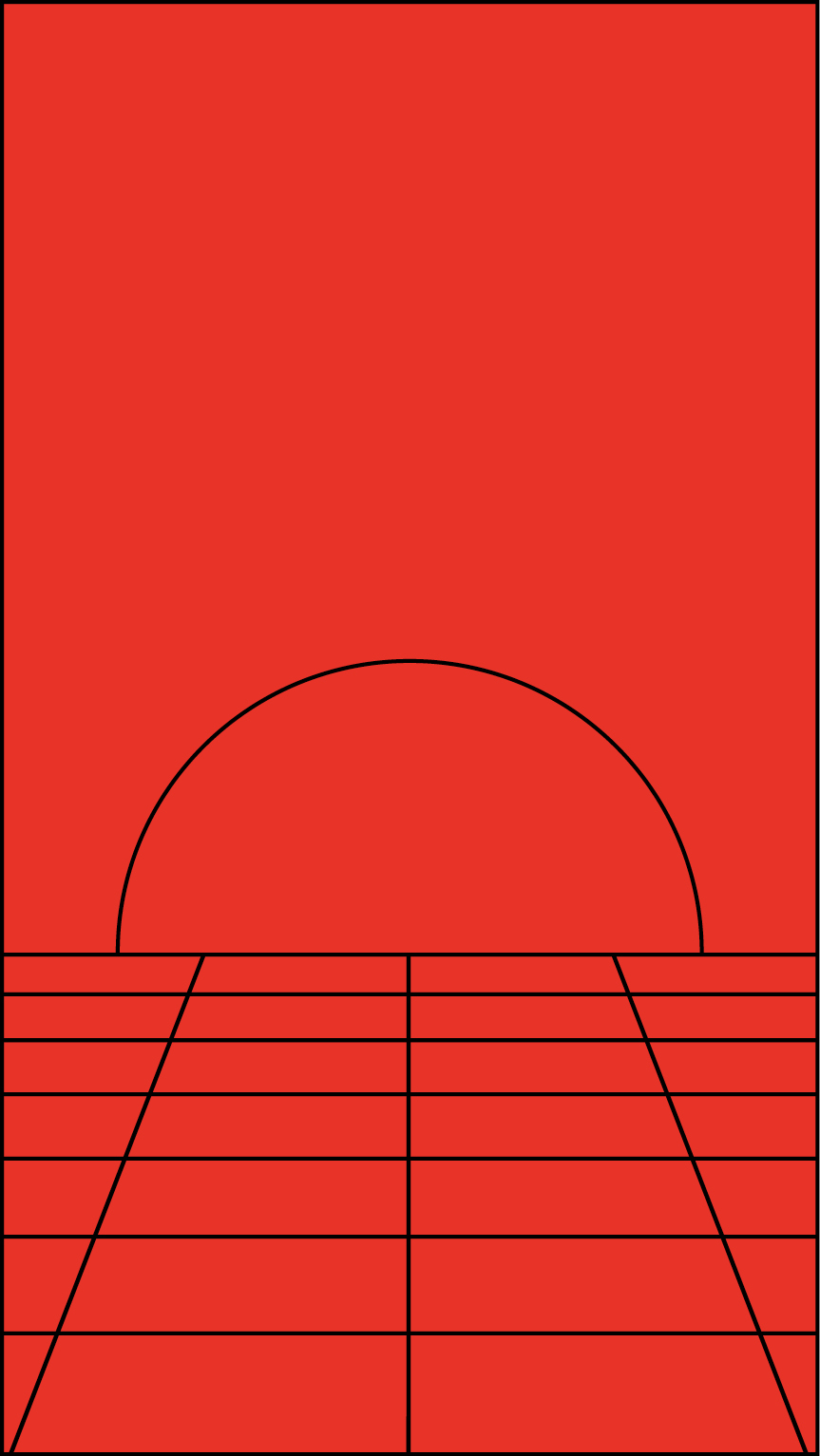“If you’re in your bedroom, you could mosh or something, unless your mom gets mad at you,” Beach Bunny’s Lili Trifilio tells an empty room.
Rather than front row fans, she’s speaking to a camera. On the other side of the screen are the same fans, glued to the concert streaming live from Chicago’s Lincoln Hall.
Everyone’s got a prime view here and the virtual distance marks a new normal — at least for now.
Operational costs like rent are the most pressing concern for small venues with no revenue coming in. With reopening plans remain tenuous amidst the pandemic, independent venues are forced to adapt in this new sink-or-swim landscape.
For Lincoln Hall, that means producing a show that fans are still willing to pay for — a forty-five minute set by Beach Bunny in a venue, occupied only by a skeleton crew, as a part of their STAGED series.
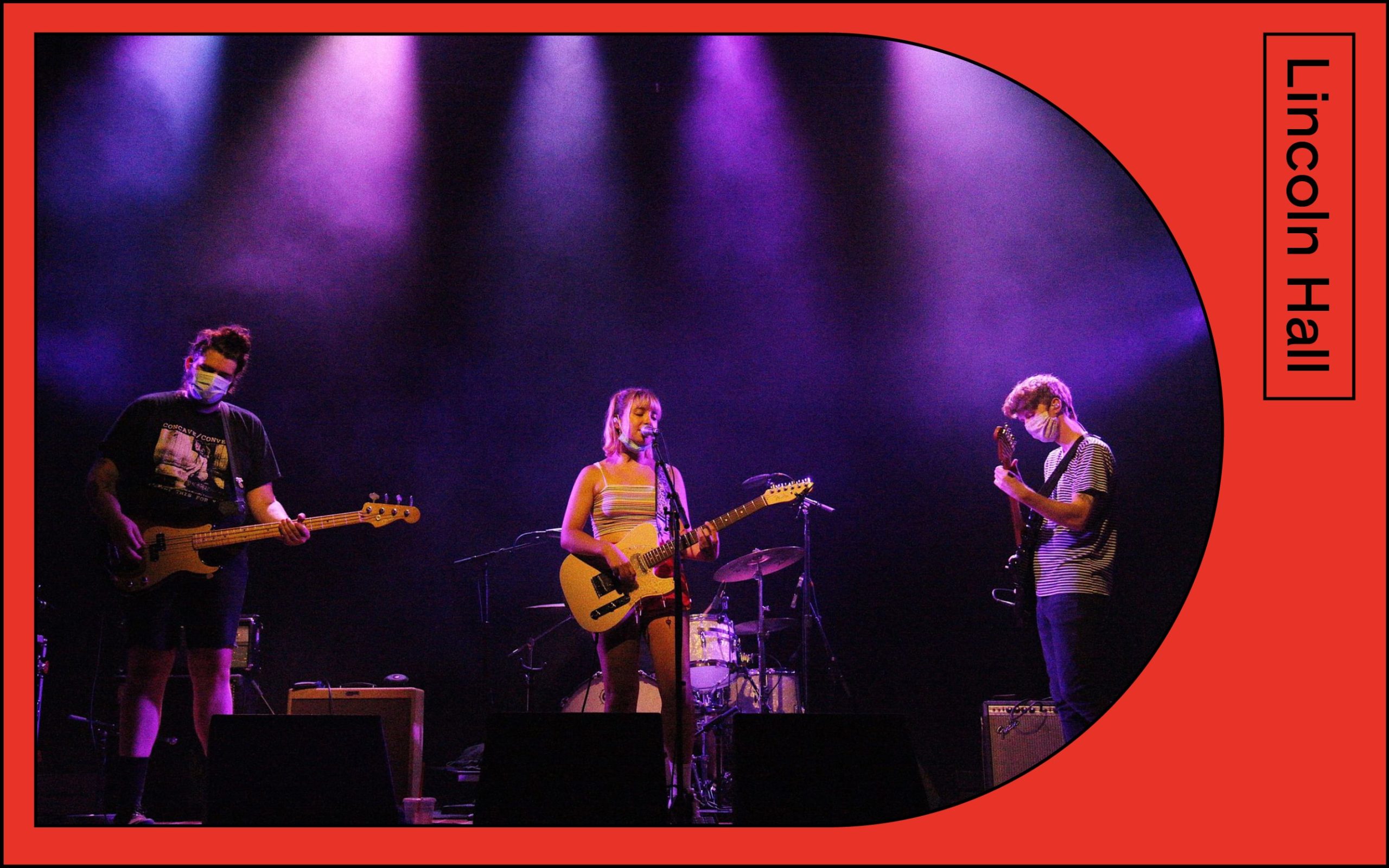
Courtesy of Lincoln Hall
“This is our attempt in bringing the concert experience back to the stage and back to fans,” says Shane Bradley, Promotions Director for Lincoln Hall.
“It’s super different than a bedroom stream, it’s not pre-recorded, there’s no static cameras. These are live performances shot like a Scorsese documentary streaming to fans all around the world. We want this to be something that actually adds value to the show for the artists.”
Ticket sales are split 50/50 between Lincoln Hall and the artist. Lincoln Hall uses their half to keep the lights on and also directs a portion to the Chicago Independent Venue League (CIVL), which aims to help independent music venues through financial assistance and political action.
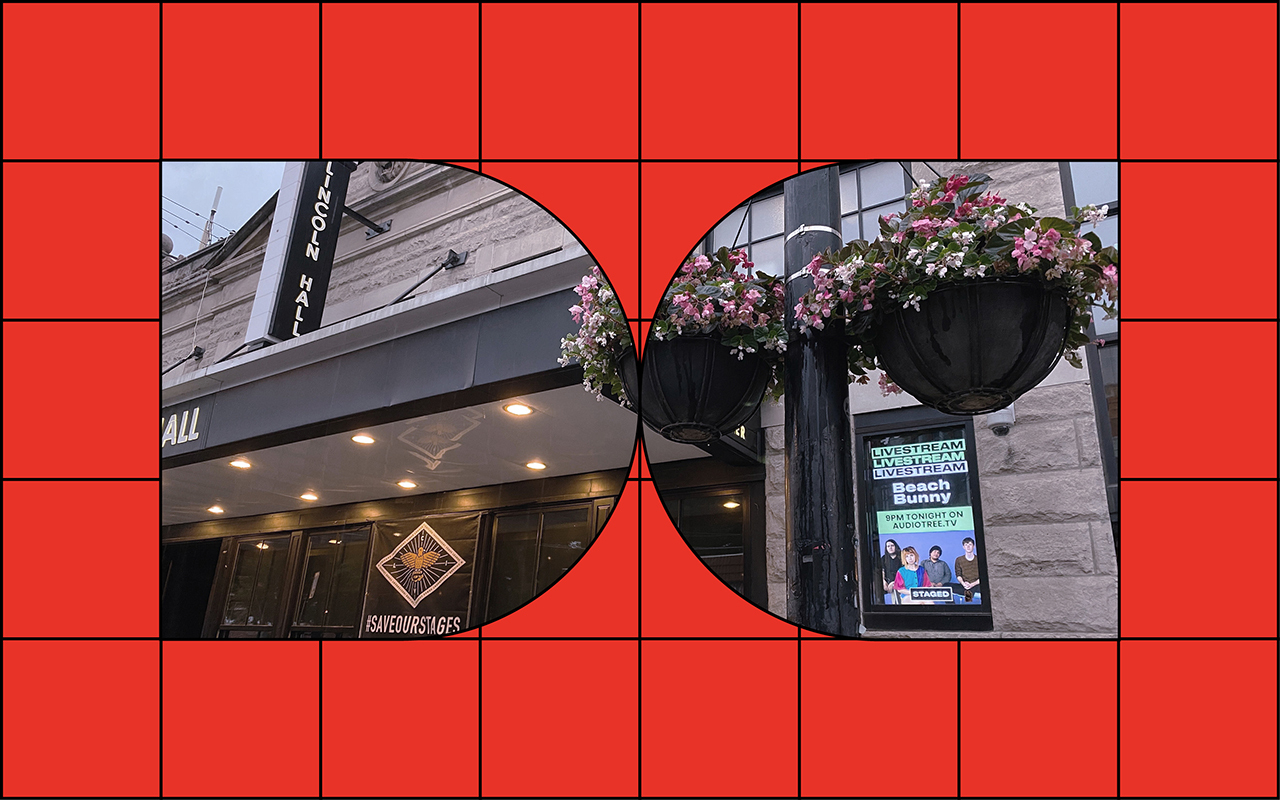
Courtesy of Lincoln Hall
“The fact is we’re not going to survive this on our own, and I don’t know anybody that can, unless you have corporate backing,” says Varun Kataria, proprietor of Brooklyn’s The Sultan Room and Turk’s Inn.
“Even if you’re A1 operator, you don’t build the kind of reserves that allow you to withstand a year of no income,” he adds.
Passionate concert-goers at the original Turk’s Inn (Hayward, WI), Kataria and his business partner, Tyler Erickson, knew they wanted to continue its legacy as a center for community and music.
After Kataria’s law degree and Erickson’s time as a musician, the pair reopened the shuttered establishment right in the middle of Bushwick’s bustling nightlife, working full-time to host intimate concerts, performances, and parties, often with local artists.
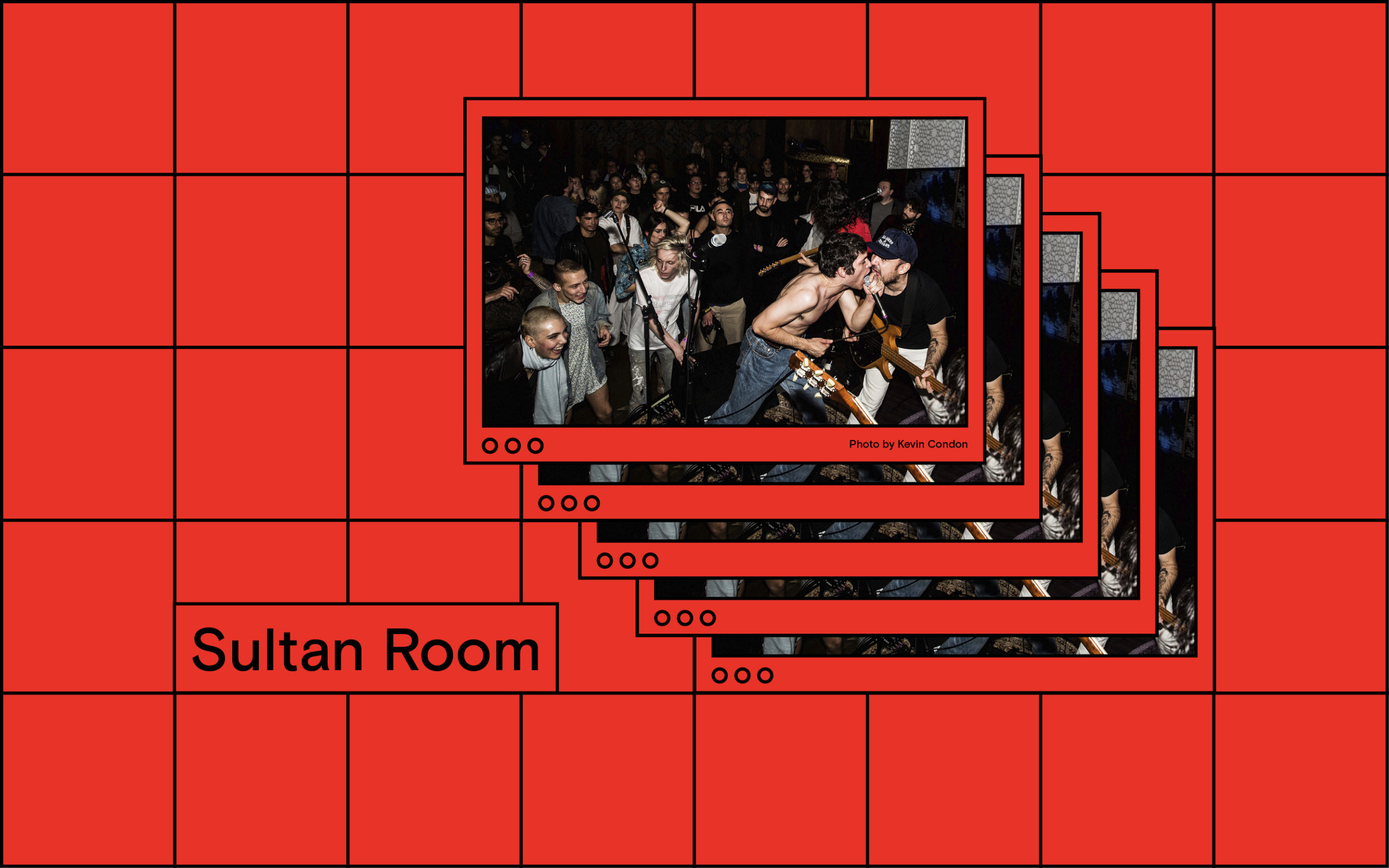
Courtesy of The Sultan Room
Launched in late March, the club’s eponymous “Sultan Room Sessions” has hosted artists in an attempt to reconnect musicians and fans after weeks — now months — of self-isolation.
But with the pandemic halting venue operations, Kataria wonders about the long-term effects.
As online concerts and live streams grow more popular, they could conceivably become a permanent fixture in the music industry, especially if small venues in densely-populated areas are some of the last places to reopen.
“I don’t think it’s crazy to imagine a world where we throw a show here and then we have a streaming component that goes along with it,” says Bradley, “I think this is cool because it offers this new lane for people to get involved and to make our community bigger and make artists more money.”
Though enthusiastic about Sultan Room Sessions becoming a recurring program, Kataria doesn’t necessarily see charging fans for livestreams as the best way forward.
“If the cover charge became a deterrent for somebody, I would see that as a failure,” he says. Instead, the Sultan Room solicits pay-what-you-can for both the venue and musicians.
“People have been incredibly generous,” he says. “I think they sort of see it as a good thing.” While not a permanent fix, donations can help while more comprehensive measures are planned and put into action. “I don’t think it’s impossible to successfully charge for these kinds of things, but I think we as a venue are not there yet,” Kataria explains.
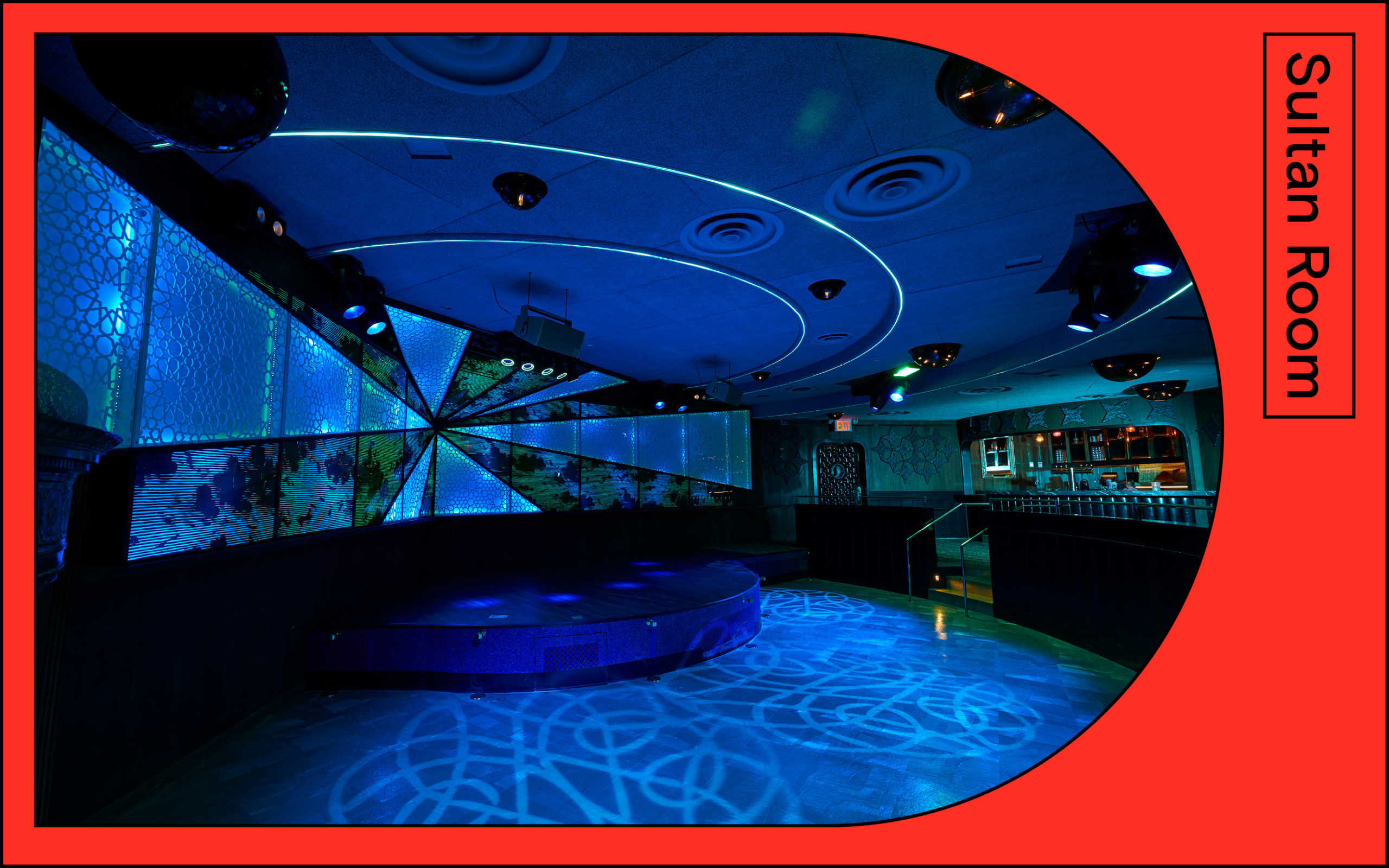
Courtesy of The Sultan Room
Moving forward, there won’t be a one-size-fits-all approach for venues or artists.
As a workable model for live performance begins to materialize in real time, navigating this path will require dexterity, patience, and the full use of resources at an artist’s disposal.
“This is a really good time to build up your audiences on social media,” advises Bradley, who’s previously worked at talent agencies before pivoting to venue and show promotion.
“Be creative and use that space to make something great. Obviously [musicians] need to be able to have somewhat of a draw to be able to sell tickets in this virtual medium, but that would be the same issue you face as a young artist regardless of whether or not Covid is around.”
Getting to know venue managers and taking an active part in your local scene or DIY community is often the key to getting stage time, especially as venues try harder to keep these ecosystems alive and thriving. “We like to work with artists that we love, so that doesn’t need to be a huge artist,” says Bradley.
For lesser-known musicians looking to get on a venue’s virtual lineup: Participate in venue-hosted events and fundraisers and keep releasing music.
“Now is still a good time to find great music, and there are great releases that are happening,” says Bradley. “I know that some people are freaked out about putting releases out during all of this, but I think there’s still merit in it; you can still grow your audiences and still make a lot of progress.”

